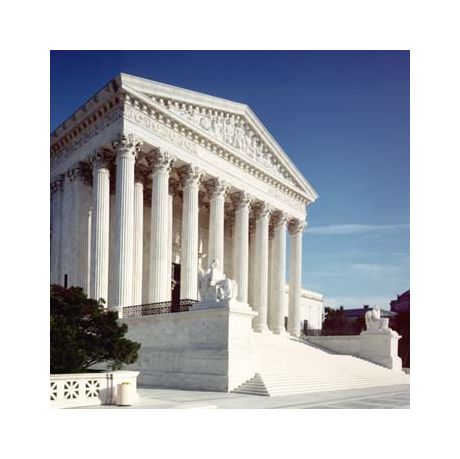
Newsweek has called it the “copyright case of the decade” and it may be right. Google and Oracle are software titans battling over whether the freely available connections between software platforms (Application Programming Interfaces, or “APIs”) can be protected by copyright law. APIs are generally free to use, and they enable developers to build programs more quickly because they don’t have to write the code to build commonly-used functions, such as using a calendar, making a phone call, opening a file, or opening a web browser. In one corner is Google, which created the Android operating system and incorporated APIs for the Java programming language so that developers already familiar with Java could more easily create programs that would work on Android. In the other corner is Oracle, which created the Java APIs and which isn’t being paid by Android for using Java APIs in millions of devices. Over 40 amicus curiae (“friend of the court”) briefs have been filed; the entire software industry is concerned about this case.
Google’s position is that it used only the software interface to tell Android to perform certain functions, but that it created its own “implementing code” to control how those functions actually worked. It argues that an API is a “method of operation“, and therefore is not protected by copyright. Oracle’s position is that the APIs are a form of creative expression, which is protected by copyright. As you might guess, this is generally pretty dry stuff, but it’s critical to how software works.
The case also shows how software development has changed in the past 20 years. Microsoft’s amicus brief supports Google’s position even though the companies are usually fierce opponents, and points out that software development has become collaborative, rather than siloed. Essentially, computer programs can be built faster and with greater functionality because they work together.
Because circuit courts differ on this issue, the Supreme Court granted certiorari and will possibly hear oral argument in March 2020. While it’s important to protect innovation and creative expression, we are more productive precisely because software works together pretty seamlessly. This case will affect us all, so buckle up – it’s bound to be a bumpy ride.
— Joshua Waterston, Esq.

